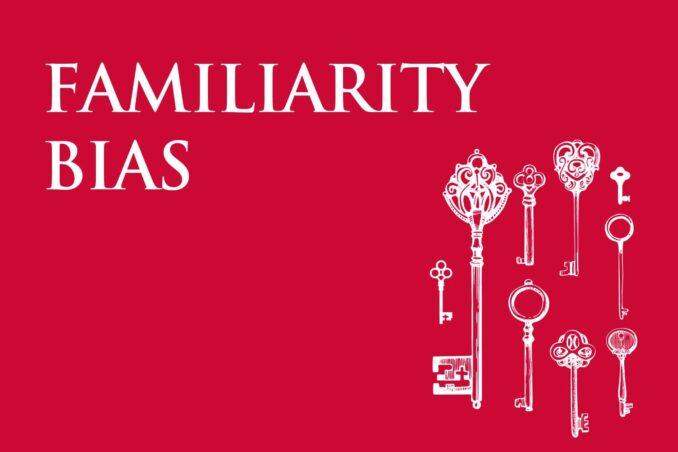It is a fact that humans have long-term memory, unlike some other vertebrates or animal species. For example, some recent research shows that chimpanzees, some species of fish, and even dogs don’t remember for too long unless that information is relevant to them for survival. However, the topic of today’s article is recency bias, a phenomenon that occurs in humans and is associated with memory.
You probably had a situation where you can’t remember some past events that happened a few months ago, for example, but you perfectly remember the events of three days ago. We believe you know what we are talking about and we can tell you that this phenomenon is completely normal because it is a distant past. The attempts to remember were probably unsuccessful, or if you even succeeded, then it took a lot of effort. However, as we said, this is all completely normal because after all, apes are our distant cousins.
Fun fact: Human and chimpanzees DNA is most similar and closely related.

img source: stanford.edu
However, as we noted earlier, today’s topic is a phenomenon called recency bias. Wondering what it is? Well, recency bias is a phenomenon that is in some way related to the problem of people remembering some distant events. Basically, in some situations, people will sooner remember the recent situation, although a distant event might better help solve the current problem.
According to experts, this phenomenon is associated with Cognitive Ease. This means that people are more likely to turn to cognitive information that is easier and more accessible than those which require extra effort to find information (for example, interpretation vs thinking and analyzing).
Examples of recency bias
Before we begin with examples, it is very important to emphasize that recency bias can often be linked to other biases. Examples include expectation, familiarity, confirmation biases, etc.
Repetition/familiarity bias and recency bias

img source: metisireland.ie
A great example of repetition and recency biases is the job of air traffic controller. The person doing this job has to provide the same instructions, but for different planes. In such cases, it is more likely that an error will occur due to the repetition of the same information than if they were different because in that case, they would require more concentration.
Evaluation and recency bias
We will use an aviation example again. For example, there was a problem on the plane, some failure. The pilot is trying to diagnose the problem, but since he has recently had a similar experience, he thinks the problem is the same as before. Of course, this may be true, but it may not be true. Simply, the pilot acted the easy way and recalled the recent event instead of investigating the current problem.
Recency bias solutions
By using checklists, you can reduce the chance of a mistake in a particular situation. This means that the impact of emotional and biased thinking will be less pronounced than without the use of checklists. Also, data is very important, so make sure you always collect as much data and information as possible before making an important decision.






